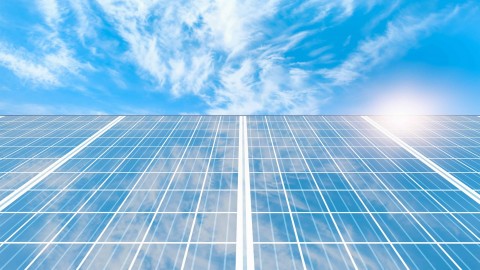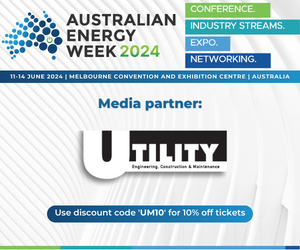Solar panels and Tesla Powerwall batteries have been installed in the first 100 Housing SA homes under the Tesla Virtual Power Plant project.
The Virtual Power Plant is expected to increase the reliability of the state’s energy network and deliver energy bill savings of up to 30 per cent for thousands of low income households across South Australia when fully installed.
Phase 1 of the Tesla Virtual Power Plant has shown that distributed Powerwall technology can help increase the supply of energy during peak demand periods. This technology, alongside large-scale storage, is expected to increase the reliability of South Australian electricity markets. It is also expected to reduce prices and, when paired with solar and wind, generate clean renewable energy.
Following the successful implementation of Phase 1, Phase 2 will involve the installation of home energy systems on a further 1000 Housing SA homes before July 2019, thanks to a $30 million loan from the State Government.
South Australian Minister for Energy, Dan van Holst Pellekaan, said he was pleased with the initial feedback from the project.
“This program is already delivering participating South Australians significantly reduced electricity bills,” Mr van Holst Pellekaan said.
“The State Government has always highlighted the critical need for more storage to increase security and lower expensive peak costs.
“The final rollout phase (Phase 3) is subject to the success of the trials, the financing of the program by the private sector, and the satisfaction of both Tesla and the Government in the final program design.
“In addition to this program, we will also be announcing details of our $100 million Household Storage Subsidy Scheme to deliver 40,000 more home batteries in the coming months.”
State Minister for Human Services, Michelle Lensink, said the project was incredibly beneficial in offering much-needed bill relief for Housing SA tenants.
“This project gives South Australians huge help in paying excessive power bills as they struggle with daily cost of living expenses,” Ms Lensink said.
















